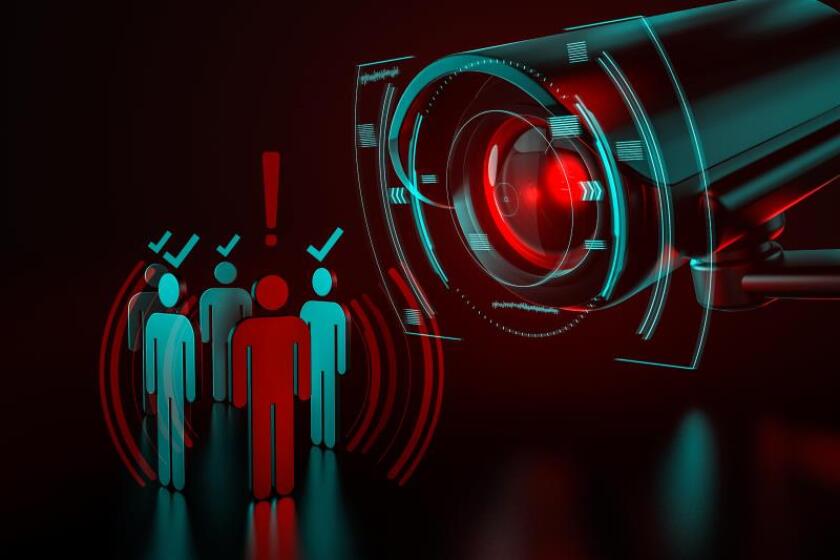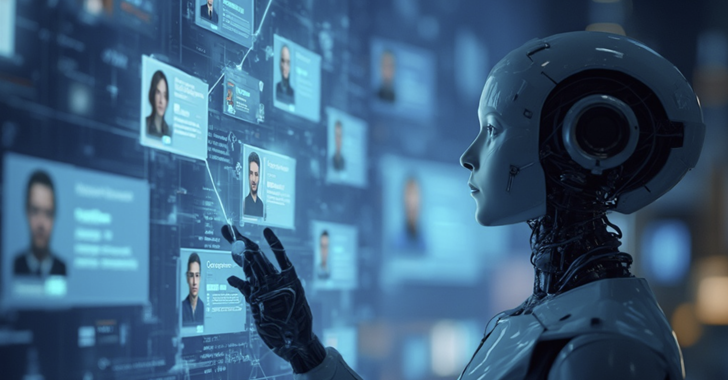As Artificial Intelligence (AI) continues to evolve, its impact on privacy has become a growing concern. From early developments to modern surveillance systems, the relationship between AI and privacy has been complex and increasingly significant. Understanding this history helps us prepare for a future where data and algorithms play a central role in our lives.
The Evolution of AI and Its Impact on Privacy
AI has developed over decades, transitioning from simple rule-based systems to powerful machine learning models capable of processing vast amounts of personal data. This evolution has not only transformed industries but also reshaped the way personal information is collected, used, and protected.
Key Milestones in AI and Privacy
The Early Years: Minimal Privacy Concerns
In the early stages of AI research (1950s–1980s), most work was theoretical or experimental. Systems were limited in scope, and privacy was not a primary concern since data collection and processing were minimal.
The Internet Age: Data Becomes the New Oil
With the rise of the internet in the 1990s and early 2000s, companies began collecting user data at an unprecedented scale. AI-powered recommendation systems, search engines, and targeted advertising started to emerge, raising the first major concerns about how user behavior was being tracked and analyzed.
The Big Data Era: AI Meets Surveillance
By the 2010s, advancements in big data and machine learning allowed organizations—and governments—to process enormous datasets for predictive analytics and surveillance. AI-driven facial recognition, biometric tracking, and social profiling became widespread, often without informed user consent.
GDPR and Global Privacy Laws
In response to growing concerns, regulations like the General Data Protection Regulation (GDPR) in Europe and California Consumer Privacy Act (CCPA) in the U.S. were enacted. These laws aimed to give users more control over their personal data and pushed developers to design AI systems with privacy in mind.
AI Today: Ethics, Transparency, and Accountability
Modern AI systems continue to raise critical questions: Who controls the data? How transparent are algorithms? Can AI make fair decisions without invading privacy? As AI is increasingly embedded in daily life—from health apps to smart cities—privacy remains at the heart of the debate.
Key Privacy Challenges in the Age of AI
Data Collection and Consent
AI relies heavily on user data for training and prediction. Ensuring that data is collected ethically and with consent is a growing challenge, especially as systems become more complex and embedded.
Algorithmic Transparency
AI decisions are often made through “black-box” models that are difficult to interpret. Lack of transparency can make it hard for users to understand how their data is used or why certain decisions are made.
Facial Recognition and Surveillance
AI-driven surveillance systems, especially facial recognition, have sparked global debates about civil liberties. The risk of mass surveillance and misuse of identity data is a serious privacy concern.
Data Bias and Discrimination
Biased data can lead to discriminatory outcomes in areas such as hiring, lending, or law enforcement. This not only violates ethical standards but also privacy rights of marginalized groups.
Conclusion
The history of AI and privacy is a story of progress, challenges, and ongoing adaptation. As AI grows more powerful, the need for robust privacy protections becomes more urgent. By learning from the past and developing transparent, ethical, and accountable systems, we can ensure that AI enhances society without compromising fundamental rights.







Leave feedback about this